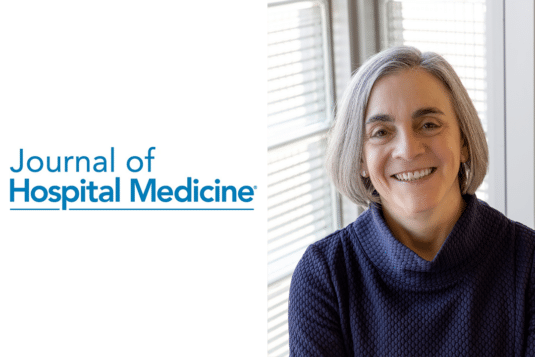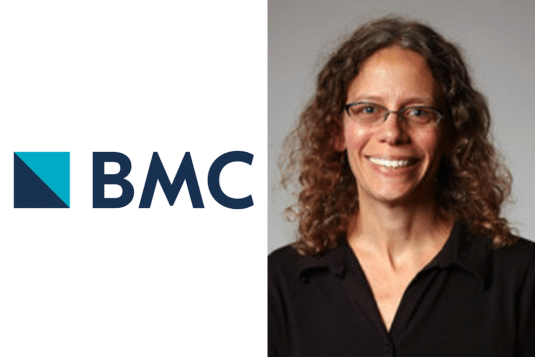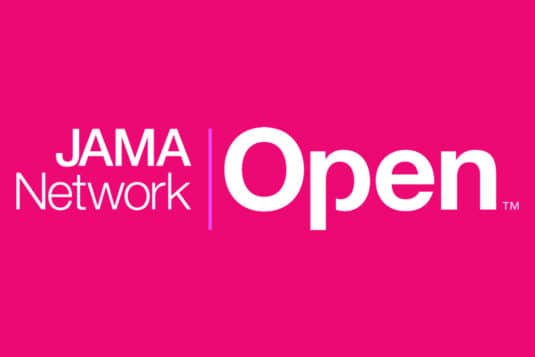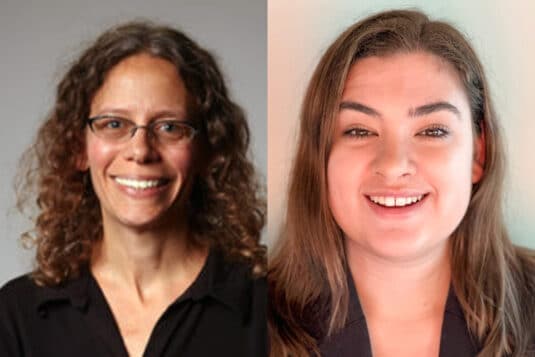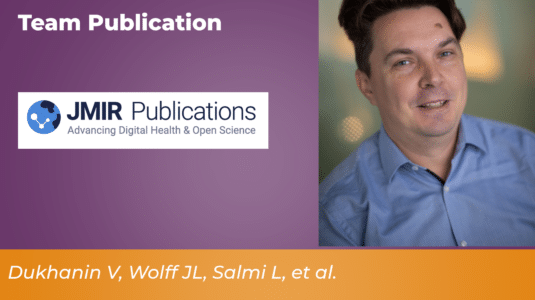This single-center, cross-sectional observational study highlights low patient portal utilization among hospitalized patients and disparities in access based on race/ethnicity, gender, age, and insurance status.
Wachenheim, Deb
Users’ perspectives on a demonstration to increase shared access to older adults’ patient portals
As shared access uptake remains low, the Coalition for Care Partners, and three healthcare delivery organizations, co-designed an initiative promoting shared access to the patient portals of older adults.
Identifying, Engaging, and Supporting Care Partners in Clinical Settings: Protocol for a Patient Portal–Based Intervention
This study aimed to implement a novel patient portal–based intervention to identify, engage, and support care partners in clinical settings. Early results suggest that the intervention could be an easily scalable and adaptable method of identifying and supporting care partners in clinical settings.
Clinician and patient perspectives on the exchange of sensitive social determinants of health information
The findings of this study suggest that a multifaceted approach, taking both patients’ and clinicians’ concerns and preferences into account, is needed to improve the collection, documentation, and exchange of SDOH data to benefit both direct patient care and broader efforts at improving public health.
Shared access to adults’ patient portals: A secret shopper exercise
Our secret shopper exercise unveiled noteworthy variability in the experiences of 18 individuals attempting to grant or receive shared access to the patient portal, highlighting multiple barriers and facilitators to shared access. The findings underscore the imperative for cross- and intra-organizational collaboration aimed at learning from the diverse experiences of patients, care partners, clinicians, and staff, and disseminating best practices.
Co-designing an initiative to increase shared access to older adults’ patient portals: Stakeholder engagement
We partnered with 3 health care organizations to co-design an initiative that aimed to increase shared access registration and use and that can be implemented using existing patient portals. Educational materials are publicly available at Coalition for Care Partners.
Open Notes Become Law: A Challenge for Mental Health Practice
Although benefits to patients’ having access to psychiatric notes have been documented, early studies involved patients’ access to hard copies they often reviewed in the presence of mental health professionals. … Clinicians worry about possible harms, and in surveys, many psychiatrists anticipate that patients will become confused, get angry, or decompensate when reading their notes. However, experience challenges the assumption that mental health notes should remain segregated because these patients “cannot handle it.” … Both anecdotally and in surveys, fears among clinicians have largely been unrealized, and we are not aware of any reports of harm to or legal action from patients accessing their mental health notes.
Preparing Patients and Clinicians for Open Notes in Mental Health: Qualitative Inquiry of International Experts
This study provides timely information on policy and training recommendations derived from a wide range of international experts on how to prepare clinicians and patients for open notes in mental health. The results of this study point to the need for further refinement of exemption policies in relation to sharing mental health notes, guidance for patients, and curricular changes for students and clinicians as well as improvements aimed at enhancing patient and clinician-friendly portal design.
Open Notes: New Federal Rules Promoting Open and Transparent Communication
Patients report understanding what they read, and few take issue or pose subsequent questions. When they do, concerns are often warranted. Indeed, when it comes to safety, two eyes on one record can be far more helpful than two eyes perusing 1,000 records. One in five patients report that they find an error, 40% of which they consider serious. Among doctors inviting patients to read their notes for more than a year, 25% reported patients describing errors that they, the doctors, judged serious. Given the potential for finding mistakes early and preventing subsequent harm, among attorneys, patients, and doctors themselves there is consensus that litigation in the aggregate may well decrease. We know of no instances so far of litigation resulting from what a patient read in a note. Patients report that open notes build trust, and positive relationships promote forgiveness, even if mistakes are made.
